Emotional abuse
Does your partner or someone you live with ever:
- belittle you, or put you down?
- blame you for the abuse or arguments?
- deny that abuse is happening, or downplay it?
- isolate you from your family and friends?
- stop you going to college or work?
- make unreasonable demands for your attention?
- accuse you of flirting or having affairs?
- tell you what to wear, who to see, where to go, and what to think?
- control your money, or not give you enough to buy food or other essential things?
- monitor your social media profiles, share photos or videos of you without your consent or use GPS locators to know where you are?
Threats and intimidation
Does your partner or someone you live with ever:
- threaten to hurt or kill you?
- destroy things that belong to you?
- stand over you, invade your personal space?
- threaten to kill themselves or the children?
- read your emails, texts or letters?
- harass or follow you?
Physical abuse
The person abusing you may hurt you in a number of ways.
Does your partner or someone you live with ever:
- slap, hit or punch you?
- push or shove you?
- bite or kick you?
- burn you?
- choke you or hold you down?
- throw things?
Sexual abuse
Sexual abuse can happen to anyone.
Does your partner or someone you live with ever:
- touch you in a way you do not want to be touched?
- make unwanted sexual demands?
- hurt you during sex?
- pressure you to have unsafe sex – for example, not using a condom?
- pressure you to have sex?
If anyone has sex with you when you do not want to, this is rape. It is still rape if that person is your partner.
Have you ever felt afraid of your partner?
Have you ever changed your behaviour because you’re afraid of what your partner might do?
If you think you may be in an abusive relationship, there are lots of people who can help you.
Domestic violence and abuse against women often starts during pregnancy. If the relationship is already abusive, it can get worse. Read more about domestic abuse in pregnancy.
It can be difficult to spot when your relationship is becoming unhealthy, “toxic” or abusive. If you are still not sure, you can find more information here.
If you are aged under 24, Love Respect empowers young people to talk about relationship abuse and how to spot red flags.


